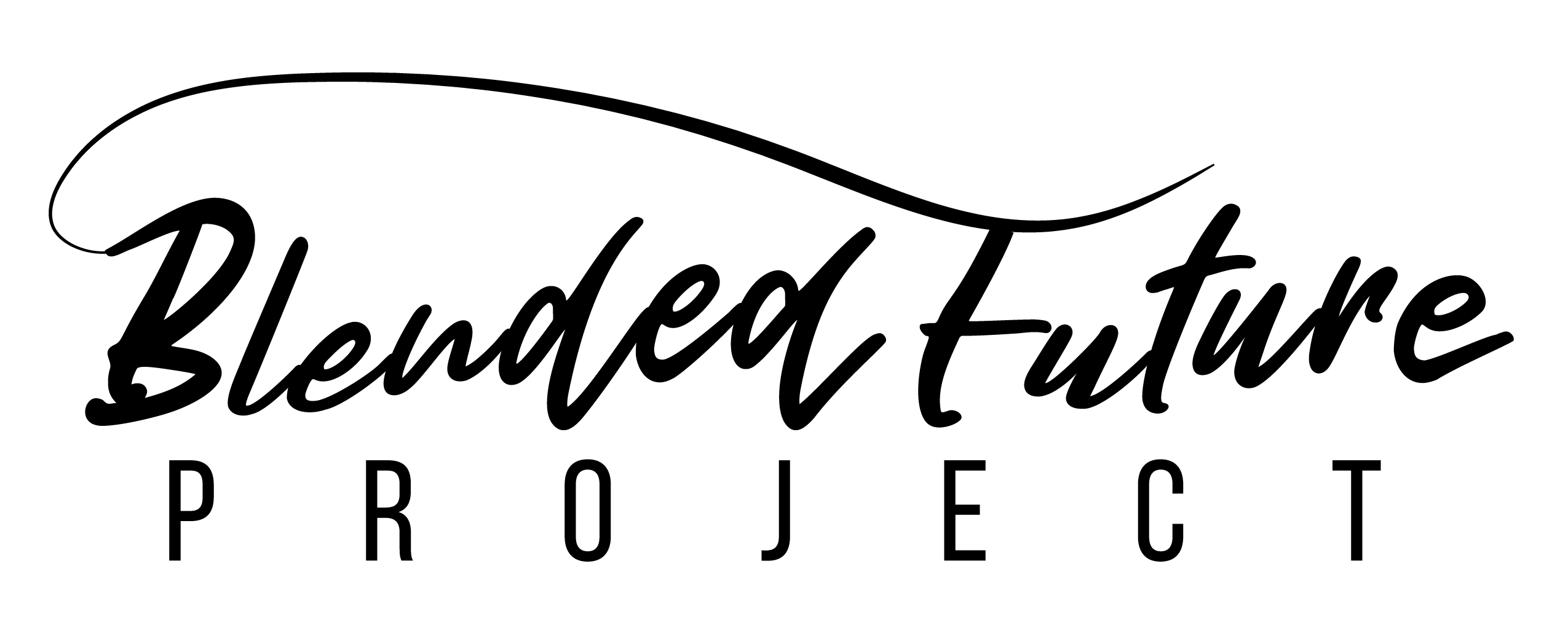To look at me, with my brown hair and hazel green eyes, you’d say I’m white. And I am, on the outside. But on the inside, you’ll find mariachi music in my ears, mole sauce in my stomach, and híjole on my tongue. Sangre from two cultures in my veins. My mom looks like me, white, and my dad declared himself white every day he lived in the United States. But he couldn’t change his Mexican blood or deny the heritage he passed to his children.
When I was nine, my big sister, who has blonde hair and blue eyes, whispered in my ear:
“The KKK would even hate us if they knew.”
I had never seen any of these white sheet-wearing terrorists my sister warned of in our Midwestern college town, but I could tell from her tone there was reason to be fearful. So to be safe, I kept quiet about my tías who stood around the tall steel tamale pot on my abuelita’s kitchen table at Christmas-time, chatting in Spanish as they carefully spread masa onto dried corn husks.
My appearance allowed me to hear what white people said when they thought no one of color was in the room. Things like:
“When we were on patrol in Vietnam, we were fighting for real Americans.”
I learned that even some of my own family members weren’t allies. Cousins from my mom’s side thought it was funny to say, “Wave at your relatives in the field” as we passed workers gathering the produce we would later buy in the grocery store. And as soon as my dad was out of earshot, my friends felt comfortable telling me, “I can’t understand your dad.” They didn’t care that he learned English in his twenties and later taught the subject to native English speakers in a predominantly white elementary school.
These are microaggressions, for sure, and I do not conflate my experience to those with darker skin. I know my light complexion allows me to evade the scorn and danger people of color face daily. But from moments like these, I know racism and white supremacy are alive in this country. The media is not at the heart of our division, as some would like to claim. Instead, it is the fear, ignorance, and hatred too many people carry in their hearts for those unlike themselves that divide us.
While I seethed after each of these encounters, I never mustered the courage to call out a person for their hurtful words or attitudes. Then, George Floyd was murdered.
The video of Floyd’s daughter atop Stephen Jackson’s shoulders claiming “Daddy changed the world!” amidst the protests that followed his death was inspiring. Her sweet voice rang as a herald to the reality in this country that has needed change for far too long. Yet, I knew the world had failed her with its hate and injustice. I failed her.

My history of silence in the face of racial slurs hadn’t helped anyone. So, I took a step toward non-complicity by speaking up on my Facebook page. I posted stories of Black men who aren’t safe walking around their own neighborhoods unless their cute young children are by their side like some kind of reverse bodyguard, making these fathers appear less scary to their white neighbors. Stories of Black business owners, veterans and pastors who have been stopped and searched by the police because they “match the description,” only to be released without explanation or apology. Stories of Black men and women I was never taught about in history class—such as Robert Smalls, York, and Biddy Mason—who endured slavery while still doing more than their share to make this country better for everyone. With each post I hoped awareness among my friends would grow and allies would accumulate.
Still, as a multicultural individual, I know disdain for differences is not one-sided. To the Latinx community, I am not Mexican enough. In college, I was called a wannabe for hanging out at the Latino Cultural Center. And in South Florida, where I live now, Latinos from across the globe call white, English-speaking Americans who look like me “gringa” to their face and laugh about it behind their back. These rebuffs hurt more than being accused of “passing.”
Deep down, I fear this is a fight no social media post will ever cure. And I’m not sure protests or legislation will either. But I can still hope that one day this world will be mixed enough to learn what I learned growing up with two cultures: One culture is not superior to the other. Each has its strengths, and its need for improvement.





No Comments